When planning your next camping adventure, the right utensils can make all the difference between a delightful outdoor meal and a frustrating cooking experience. Whether you’re a seasoned camper or a newbie exploring the great outdoors, understanding the tools that will best suit your needs is crucial. In this post, we’ll dive into the world of camping utensils, comparing lightweight options that prioritize portability and convenience against heavy-duty alternatives built for durability and resilience. By exploring the benefits and drawbacks of each type, we hope to empower you to make informed choices that elevate your camping experience and cater to your unique cooking style. Let’s embark on this journey together, ensuring your next meal under the stars is as enjoyable as the scenery around you.



Understanding Lightweight Camping Utensils
When you’re out in the wilderness, every ounce counts. That’s where lightweight camping utensils come into play. Specifically designed for portability and ease of use, these utensils are indispensable for backpackers and hikers who demand efficiency without sacrificing functionality. Let’s delve into the materials, designs, advantages, and some potential limitations of these essential camping gear pieces.
Materials Used in Lightweight Camping Utensils
Lightweight camping utensils are crafted from various materials, each with its unique benefits and drawbacks. Here are the most common materials used:
- Titanium:
- Extremely strong and lightweight
- Corrosion-resistant
- Examples: Snow Peak Titanium Spoon and TOAKS Titanium Spork.
- Aluminum:
- Lightweight and affordable
- May scratch easily and can react with acidic foods, but anodized versions mitigate this
- Example: MSR Quick 2 System Cookset.
- Plastic:
- Very lightweight and inexpensive
- Not as durable as metal options; can warp in heat
- Example: GSI Outdoors Infinity Backpacker 4-Piece Utensil Set.
- Stainless Steel:
- More durable than aluminum and plastic
- Heavier than titanium but offers longevity
- Example: Light My Fire Spork Titanium.
Typical Designs of Lightweight Camping Utensils
When it comes to design, lightweight camping utensils come in various forms to cater to different needs. Below are common designs:
- Sporks: Combining a spoon and fork, sporks like the Light My Fire Spork Original save space and weight.
- Collapsible Utensils: These utensils, such as the Sea to Summit Alpha Light Cutlery, fold down for easy storage, perfect for minimalists.
- Multi-tools: The Gerber Bear Grylls Ultimate Multi-Tool incorporates multiple functions, including a knife, can opener, and more, providing versatility in a single tool.
Advantages of Lightweight Camping Utensils
- Reduced Weight:
- Lightweight utensils help keep your pack’s weight down, crucial for long-distance treks.
- Compactness:
- Many designs are foldable or nestable, taking up minimal space in your pack. For instance, the GSI Outdoors Ultralight Utensil Set includes compact spoon and fork that fit neatly into any backpack.
- Ease of Cleaning:
- Many lightweight utensils are dishwasher-safe or easy to clean by hand, like the MSR Folding Utensil Set, featuring non-stick finishes.
Potential Limitations
While the benefits are enticing, it’s essential to consider some limitations:
- Durability Concerns:
- Lightweight materials, especially plastics, may not withstand heavy use or extreme conditions. For example, a plastic spoon can bend under heat or pressure, while a titanium option offers superior durability.
- Performance in Extreme Conditions:
- Ultralight designs may not perform well in extreme weather or high-altitude conditions. A metal spatula, such as the Snow Peak Titanium Spatula, may be better suited for cooking over an open flame compared to a plastic one.
Comparison Table of Popular Lightweight Camping Utensils
| Product Name | Material | Weight | Features | Price Range |
|---|---|---|---|---|
| Snow Peak Titanium Spoon | Titanium | 0.4 oz | Ultra-lightweight, durable | $12-$15 |
| Light My Fire Spork Original | Plastic | 0.6 oz | Spoon/Fork combo, fun colors | $3-$5 |
| MSR Quick 2 System Cookset | Anodized Aluminum | 1.5 lbs | Cookware set, nesting design | $60-$80 |
| Sea to Summit Alpha Light Cutlery | Aluminum | 0.8 oz | Collapsible design | $15-$20 |
| GSI Outdoors Infinity Backpacker Set | Plastic | 1 oz | Complete utensil set | $10-$12 |
By understanding the materials, designs, advantages, and limitations of lightweight camping utensils, you can make informed choices that best suit your outdoor adventures. Whether you prioritize weight savings or durability, there’s a lightweight utensil out there that can enhance your camping experience while keeping your pack light and manageable.
Exploring Heavy-Duty Camping Utensils
When embarking on an outdoor adventure, having the right gear can make all the difference, especially when it comes to cooking and dining. Heavy-duty camping utensils are engineered to withstand the rigors of outdoor use, making them an essential part of any car camping setup or extended trip. In this section, we will delve into the durability, strength, and versatility of these utensils, while also discussing some potential downsides.
Durability and Strength
Heavy-duty camping utensils are built from robust materials such as stainless steel, titanium, and high-grade plastics. These materials not only resist rust and corrosion but also handle high temperatures and rough handling. Here are some examples of popular heavy-duty camping utensils:
- MSR Alpine Utensil Set: Made from stainless steel, this set includes a spatula, ladle, and serving fork. The utensils feature sturdy construction that can endure tough cooking tasks without bending or breaking.
- Sea to Summit Alpha Light Cutlery: Constructed from hard-anodized aluminum, these utensils are lightweight yet extremely durable. They are resistant to scratching and easily cleaned, making them ideal for long-term use.
Benefits of Durable Materials
- Resilience: Heavy-duty utensils can withstand drops and impacts without sustaining damage.
- Heat Resistance: Materials like titanium can handle high cooking temperatures, making them suitable for use over open flames or hot surfaces.
- Corrosion Resistance: Stainless steel and treated aluminum resist rust, making them ideal for outdoor environments where moisture can be a concern.
Versatility for Car Camping and Extended Trips
When camping by car or embarking on extended trips, versatility in your cooking utensils becomes paramount. Heavy-duty camping utensils often serve multiple purposes, which can reduce the amount of gear you need to bring along.
Multi-Functional Options
- REI Co-op Camp Utensil Set: This set includes a spoon, fork, and knife that snap together for easy transport. Each piece is durable enough for both cooking and eating, streamlining your dining experience.
- GSI Outdoors Pivot Spoon: This unique utensil features a pivoting head that can switch between a spoon and a spatula, making it perfect for both cooking and serving.
Key Versatility Benefits
- Space-Saving: Multi-functional utensils reduce the need for multiple tools, saving space in your camping kit.
- Ease of Use: Versatile utensils can handle a variety of cooking methods, from sautéing to serving, simplifying meal preparation.
Potential Downsides: Weight and Bulkiness
While heavy-duty camping utensils offer many advantages, they do come with a couple of drawbacks, particularly for those who prefer backpacking or ultralight camping.
Considerations for Backpackers
- Increased Weight: Heavy-duty materials like stainless steel and titanium can add noticeable weight to your pack. For example, the MSR Alpine Utensil Set weighs approximately 6 ounces, which may be too much for minimalist backpackers.
- Bulkiness: Larger utensils may take up more space than their lightweight counterparts. For instance, the GSI Outdoors Pivot Spoon has a longer handle, making it bulkier to pack compared to compact plastic options.
Weight and Bulk Comparison Chart
| Utensil | Material | Weight (oz) | Length (in) | Multi-Functional | Ideal For |
|---|---|---|---|---|---|
| MSR Alpine Utensil Set | Stainless Steel | 6 | 10 | No | Car Camping |
| Sea to Summit Alpha Light | Aluminum | 1.4 | 7.5 | Yes | Backpacking |
| GSI Outdoors Pivot Spoon | Plastic | 3 | 8 | Yes | General Camping |
| REI Co-op Camp Utensil Set | Stainless Steel | 4 | 9 | Yes | Car Camping |
Finding the Right Balance
For car campers and those planning extended trips, the durability and versatility of heavy-duty camping utensils often outweigh the downsides of weight and bulkiness. However, backpackers should carefully consider their options and may opt for lighter alternatives made from plastic or composite materials when every ounce counts. Brands like Light My Fire offer lightweight utensils that provide durability without the extra weight, making them an excellent choice for those aiming for ultralight packing.
In conclusion, heavy-duty camping utensils represent a smart investment for outdoor enthusiasts who prioritize quality and performance in their cooking gear. With a variety of robust options available, campers can enjoy a seamless cooking experience, regardless of the challenges posed by the elements.
Comparative Analysis: Weight vs. Durability
When it comes to camping utensils, the debate between lightweight and heavy-duty options is essential for any outdoor enthusiast. Each type has its unique set of benefits and drawbacks, influencing comfort, convenience, and overall camping experience. In this section, we will delve into the key factors of weight, durability, cost, and usability in various camping scenarios to help you make an informed choice.
Weight Considerations
Lightweight camping utensils are designed with mobility in mind, making them an excellent choice for backpackers and minimalist campers. These utensils often weigh significantly less than their heavy-duty counterparts, allowing you to carry more gear without exceeding weight limits.
Examples of Lightweight Utensils:
- Sea to Summit Alpha Light Spoon: Weighs only 0.5 ounces and offers a durable aluminum construction.
- MSR Titan Kettle: Weighs just 5.5 ounces and serves as both a pot and a bowl, perfect for those trying to save space and weight.
Pros of Lightweight Utensils:
- Easier to Carry: Perfect for backpackers who need to keep pack weight minimal.
- Compact Design: Takes up less space in your pack, allowing you to fit in other essential gear.
Cons of Lightweight Utensils:
- Less Durable: Lightweight materials may not withstand heavy use or rough handling.
- Limited Versatility: Some lightweight utensils are not suitable for cooking over high heat or may warp under stress.
Durability Insights
On the other hand, heavy-duty camping utensils are designed for rugged use, making them ideal for car camping or trips where weight is less of a concern. These utensils can handle rough handling and extreme temperatures, offering peace of mind for those who prioritize robustness.
Examples of Heavy-Duty Utensils:
- Snow Peak Titanium Spork: Weighs 0.6 ounces but is incredibly strong and heat resistant, making it suitable for any meal.
- GSI Outdoors Pinnacle Camper Cookset: A robust cooking set that includes pots, pans, and utensils, built to last in various conditions.
Pros of Heavy-Duty Utensils:
- Increased Durability: Made from materials like stainless steel or thick aluminum, capable of withstanding the rigors of outdoor cooking.
- Versatile Use: Suitable for a wide range of cooking techniques, including high-heat grilling.
Cons of Heavy-Duty Utensils:
- Heavier Weight: Not ideal for backpacking or situations where every ounce counts.
- Bulkier: Takes up more space in your pack, potentially limiting other gear.
Cost Analysis
When comparing costs, lightweight utensils often come at a premium due to advanced materials and design. Heavy-duty options typically offer more affordable choices, but they may not last as long as their lightweight counterparts if used inappropriately.
Price Comparison:
| Utensil Type | Example Product | Approx. Price |
|---|---|---|
| Lightweight | Sea to Summit Alpha Light Spoon | $10 |
| Lightweight | MSR Titan Kettle | $50 |
| Heavy-Duty | Snow Peak Titanium Spork | $15 |
| Heavy-Duty | GSI Outdoors Pinnacle Camper Cookset | $90 |
Usability in Different Camping Scenarios
Different camping styles call for different tools. Understanding where and how you will be using your utensils can guide your decision.
Backpacking:
For those embarking on long hikes, lightweight utensils are generally preferred. The convenience of packing small and light outweighs the potential downsides of durability.
Car Camping:
In scenarios where weight is not a constraint, heavy-duty utensils shine. They can handle larger meals, can be used over open flames, and tend to be more versatile.
Key Takeaways
Choosing between lightweight and heavy-duty camping utensils depends heavily on your camping style and personal preferences. Here’s a quick summary of the highlights:
Lightweight Utensils:
- Best For: Backpackers, minimalists, and those focusing on weight savings.
- Durability: Generally lower; may not withstand extreme conditions.
- Cost: Often higher due to specialized materials.
Heavy-Duty Utensils:
- Best For: Car campers and those looking for robust, versatile cooking solutions.
- Durability: High; can withstand rough handling and extreme cooking conditions.
- Cost: Generally more affordable; however, longevity can depend on use.
By weighing the pros and cons of each option, you’re well-equipped to choose the best camping utensils that suit your specific outdoor adventures.
Choosing the Right Gear for Your Adventure
In conclusion, selecting between lightweight and heavy-duty camping utensils ultimately comes down to personal preferences and specific camping needs. By weighing factors like portability, durability, and the nature of your outdoor adventures, you can choose utensils that will enhance your cooking experience while ensuring comfort and convenience in the great outdoors.
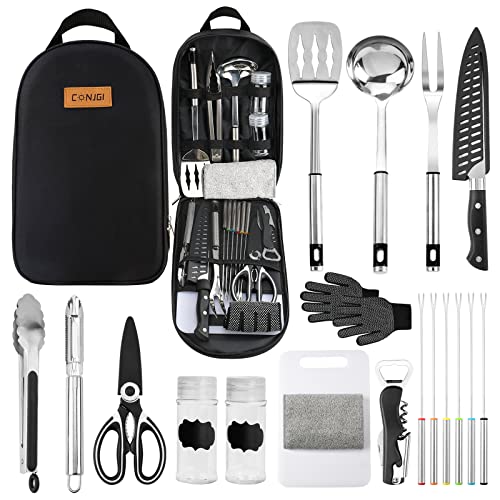
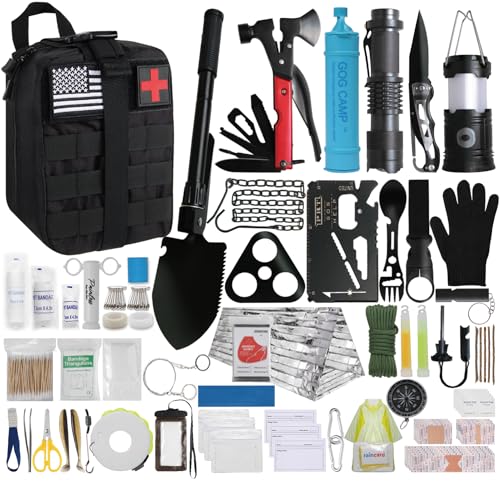
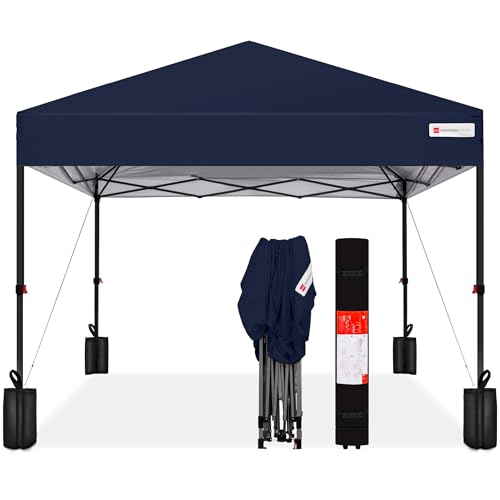
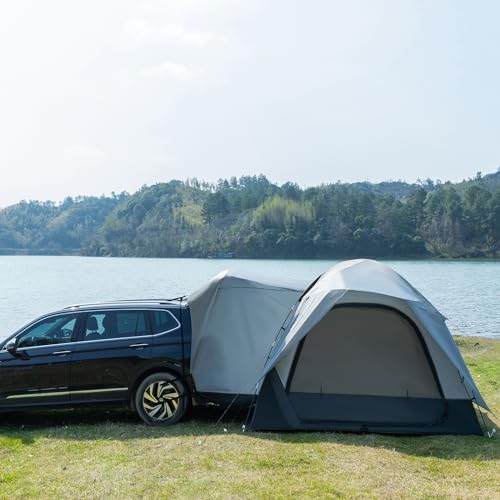
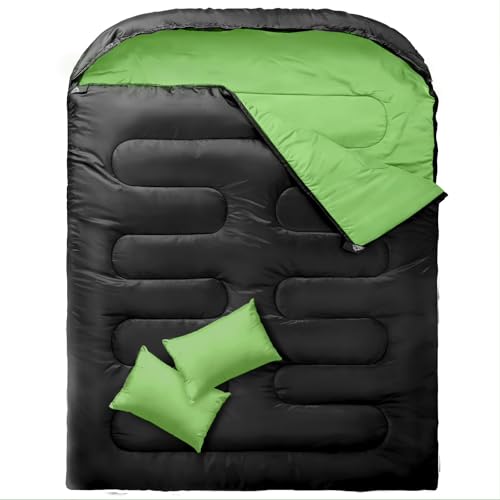
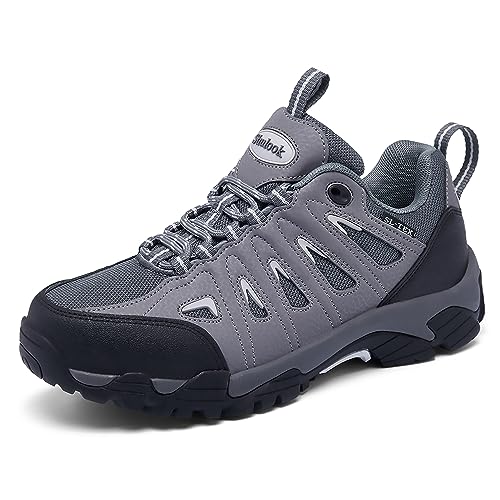

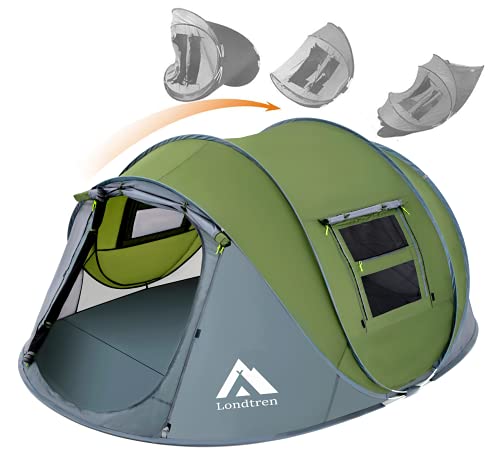
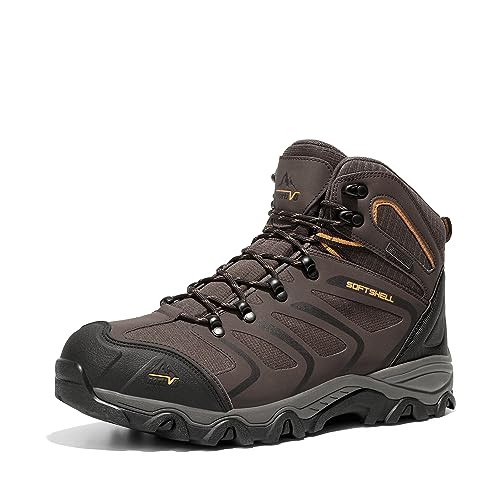
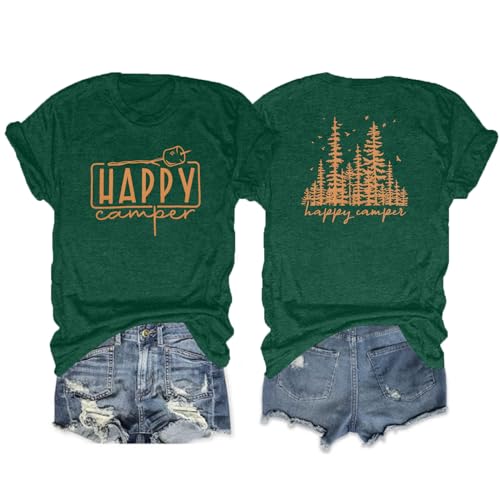
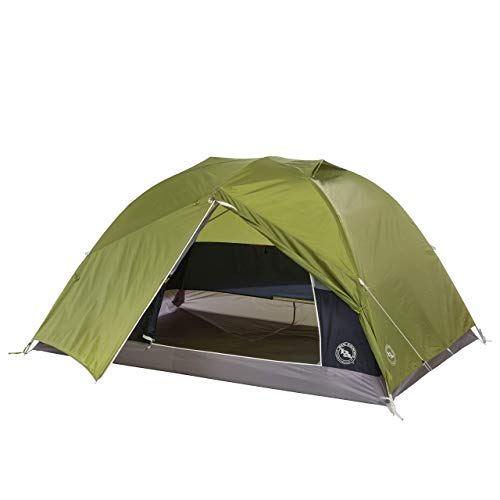
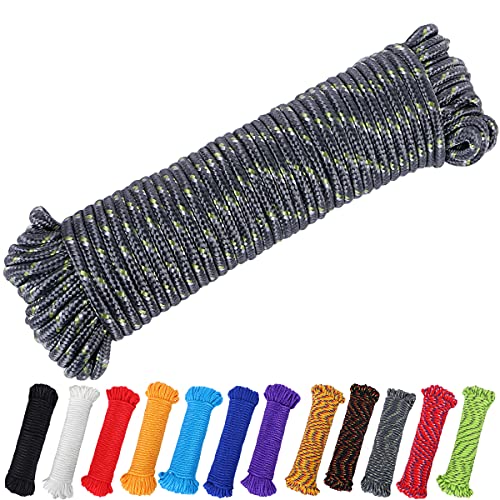
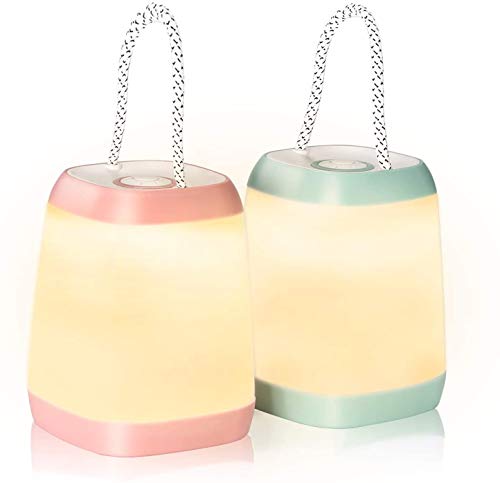
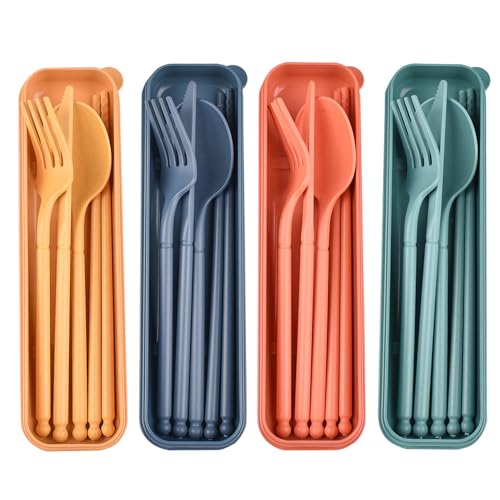
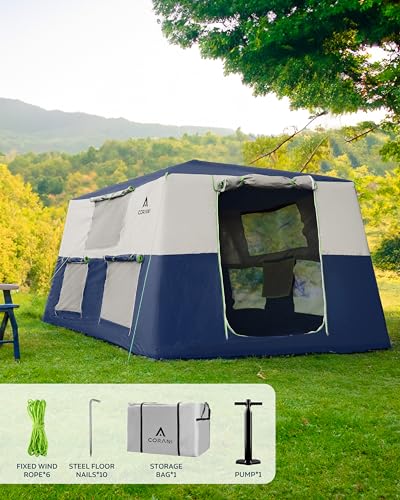
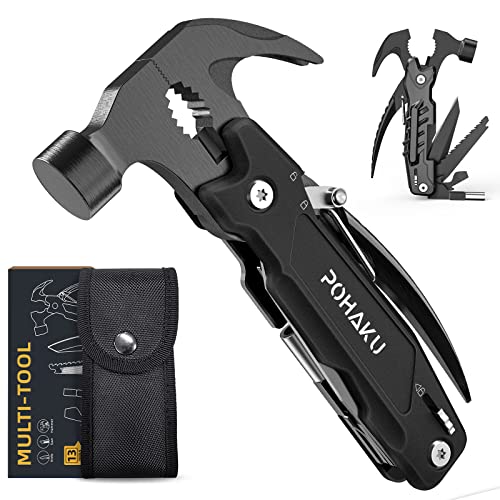
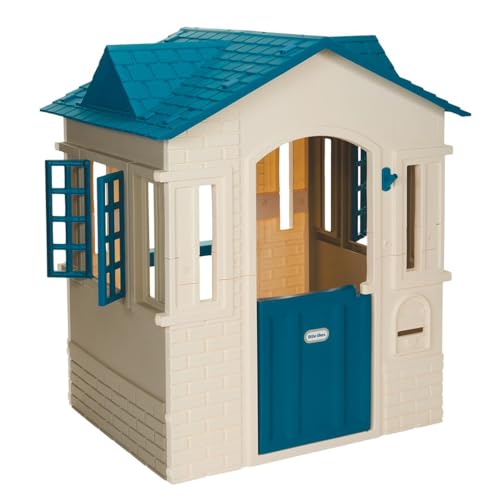
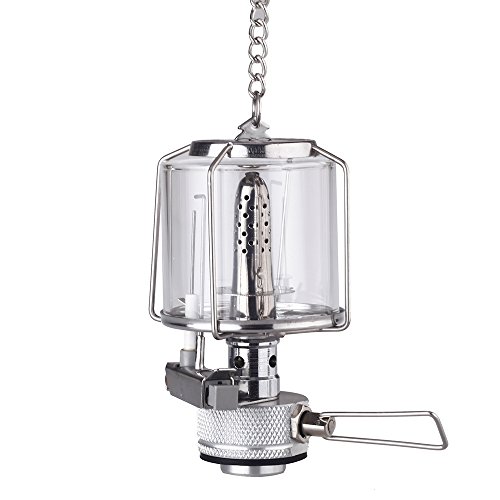
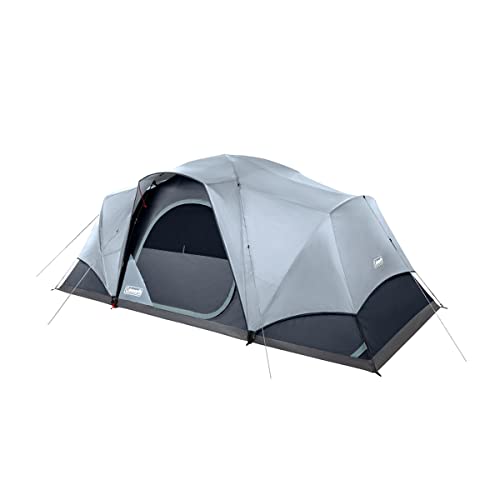
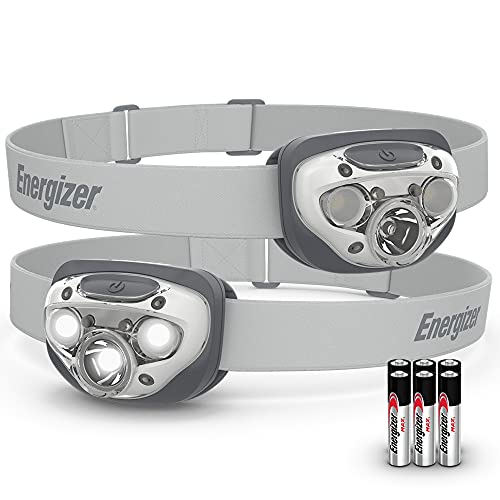
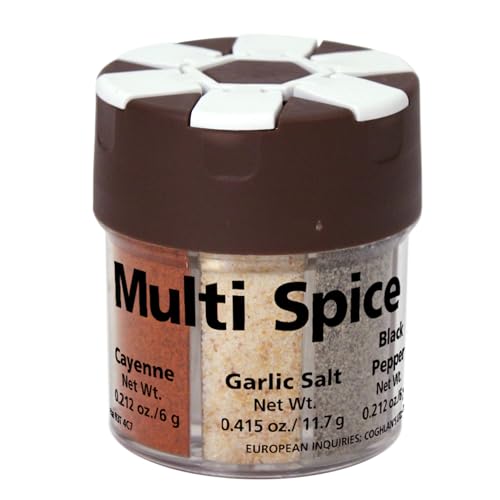
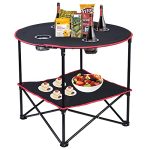
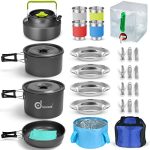
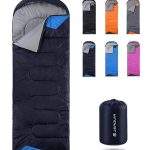
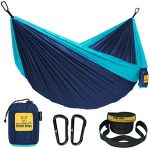
Could you dive deeper into the material differences between lightweight and heavy-duty utensils? I’m curious about what affects their durability!
Absolutely! Different materials like aluminum, titanium, and stainless steel all have their pros and cons. I’ll include more details in the next update!
I feel like heavy-duty utensils are the way to go for car camping. You can’t beat the durability of something like the GSI Outdoors Camp Gourmet set! What do you guys think?
Great point! The GSI Outdoors set is solid for car camping. I think it really depends on the type of camping you’re doing.
I tried using lightweight utensils on a backpacking trip, but they bent a little when I was cooking. Anyone else have that experience?
Yeah, that can happen! It’s a trade-off for sure. Maybe trying some titanium options could help with the bending?
Thanks for sharing! Sea to Summit makes some great lightweight options. Have you found any downsides to using them in rugged conditions?
I’d love to see a section about eco-friendly camping utensils! There are so many options out there now.
That’s a fantastic idea! Eco-friendly options are becoming more popular, and I’d love to explore that in a future article.
Could you explain more about how weight impacts cooking performance? Like, do lighter utensils cook faster?
Great question! Lighter utensils can heat up faster due to less mass, but sometimes they can’t hold heat as well. I’ll add more on this in my next post!
I once took my heavy-duty utensils on a canoe trip and they held up great. I had the Coleman 12-Piece Camp Kitchen Set, and it was a lifesaver!
Awesome to hear! The Coleman set is indeed reliable. It’s always nice when gear holds up in challenging environments.
I totally agree that lightweight utensils are a game changer for long hikes! I use the Sea to Summit Alpha Light Cutlery set, and it’s super easy to pack.
For anyone interested, I’d love to see a comparison of camping cookware as well. Any plans for that?
That’s a great suggestion! I’ll definitely consider doing a deep dive into camping cookware in the future.